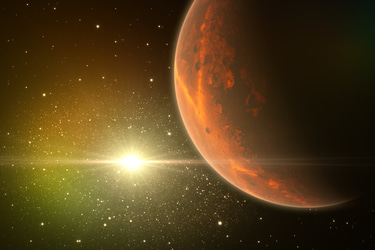The Cosmic Horizon: Understanding the Limits of the Observable Universe


The Vastness of the Observable Universe
The observable universe represents a mere fraction of the entirety of the cosmos. It is often likened to a horizon at sea — a point beyond which we cannot see or perceive what lies ahead. The distance from Earth to the edge of our observable universe is approximately 46 billion light-years, an unfathomable distance that encompasses numerous galaxies, stars, and celestial phenomena. Yet, what lies beyond this cosmic horizon? Many scientists and astronomers propose that there may indeed be more galaxies than we can currently observe, potentially an infinite number, stretching far beyond the limits of our current observational capabilities.
The Concept of the Cosmic Horizon
The concept of a cosmic horizon arises from the finite speed of light, which imposes a limit on how far we can observe the universe. Light from galaxies that have not yet reached us remains unseen, residing beyond this boundary. If the universe is expanding, the light from these distant galaxies may never reach us, meaning they will forever remain a mystery. This aspect of the universe raises intriguing questions about the nature of reality and the limits of our understanding.
The Infinite Nature of the Universe
As we ponder the cosmic horizon, it is essential to consider the implications of infinite galaxies lying beyond our perception. The possibility of infinite galaxies suggests that the universe is not just vast, but potentially limitless. Each galaxy could host billions of stars, many of which may have planets—some possibly harboring life. The thought that there is more to the universe than what we can observe challenges our imaginations and fuels scientific inquiry.
Furthermore, this vastness compels us to question our place within the universe. Are we alone in this seemingly endless cosmos? The question of life beyond Earth has occupied the minds of humanity for centuries, and the aspects surrounding the cosmic horizon complicate this search. The mysteries surrounding galaxies that lie beyond the reach of our telescopes elicit a deep fascination, encouraging scientists to develop new techniques of observation and explore theoretical concepts.
In conclusion, the observable universe—with its cosmic horizon resembling an ever-receding sea—raises profound questions about the nature and limits of our understanding. Though we may currently perceive only a fraction of what exists, the potential for infinite galaxies and celestial bodies encourages continual exploration and discovery. As our technology evolves and our capacity for observation expands, we may one day unveil the enigmatic regions of the universe that lie just beyond our grasp, forever changing our understanding of existence itself.
